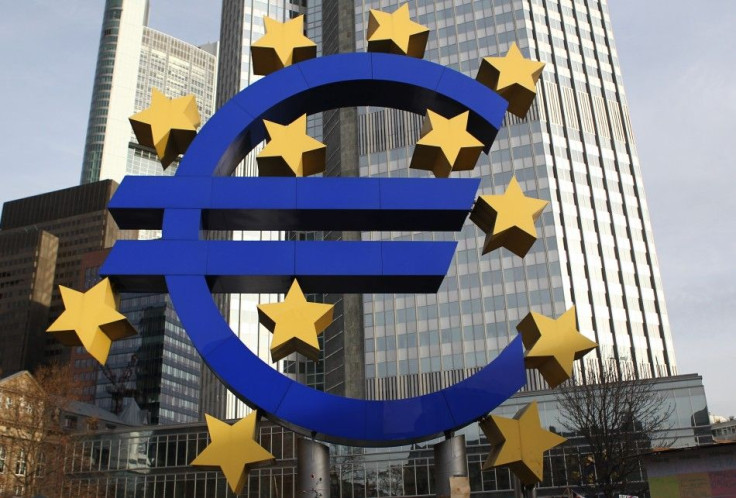Euro Zone In Technical Recession: Eurocoin Indicator

The euro zone fell into recession in the first quarter, according to Eurocoin, an economic activity indicator, confirming the economic weakness of the battered region.
Eurocoin, published by the Centre for Economic Policy Research and the Bank of Italy, was -0.03 percent in March, an improvement from -0.06 percent in February but still a negative figure, which means economic contraction.
The indicator, published at the end of each month and refers to that same month, has been negative from October 2011 to March 2012, or two quarters. Economists consider two consecutive quarters of economic contraction a recession.
Eurostat, the statistical office of the European Commission, officially reported on March 6 that fourth quarter 2011 gross domestic product shrank by 0.3 percent. It has not yet reported first quarter 2012 GDP data, but it is likely to confirm Eurocoin's reading of a contraction and thus recession.
The euro zone's recession comes as no surprise to economists and policymakers.
The European Commission, the executive body of the European Union, had expected the euro zone to undergo a mild recession in 2012.
It attributed the region's economic weakness to the global slowdown and the negative feedback loops between weak sovereign debtors, fragile financial markets and a slowing real economy.
Moreover, austerity measures, which cut government spending and raise taxes, have weighed on economic growth.
Indeed, most of the euro zone's economic problems stems from its sovereign debt crisis, which flared in early 2010. The crisis' impact on the real economy, however, did not materialize until late 2011.
© Copyright IBTimes 2025. All rights reserved.





















